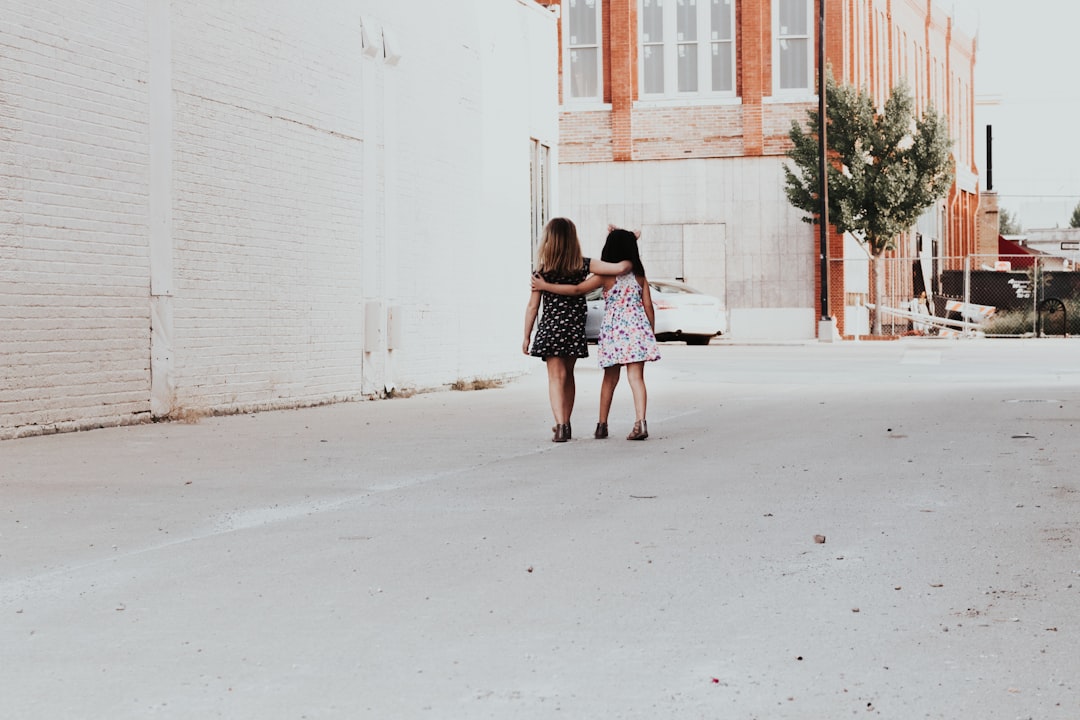What is it about?
We comment on a review of research on the impact of mother-child conversations on children’s memories of events. We discuss what can be learned from lab-based studies of conversations and children’s event memories and question how well the findings apply to conversations about more serious events such as suspected maltreatment. We conclude that some crucial questions remain unanswered and need to be the focus of future research.
Featured Image

Photo by Conny Schneider on Unsplash
Why is it important?
As explained in the review paper, important studies have examined the long term impacts of mother-child conversations about events on what children later report about those events. Controlled experimental research has revealed developmental processes, vulnerabilities and capacities but has also highlighted when we might need to exercise caution in generalising from such work to very different real world contexts, like forensic investigations and criminal trials. It is important for consumers of the science to recognise when it can (and cannot) be helpfully applied in forensic contexts and to identify novel research questions to keep the field moving forward. Such research will inform investigators responding to allegations of maltreatment and help lawyers, jurors, and judges properly evaluate possible limitations to the value of children’s evidence.
Perspectives
This was a great opportunity to respond to the work of two academics whose work I admire. The challenge of navigating the various strengths and weaknesses of highly controlled lab-based research vs ecologically valid but uncontrolled field research is such a key issue for the field of children's testimony. It was good to have an opportunity to frame some areas where we might build upon the work that was reviewed to extend our understanding across a greater breadth of contexts than we currently have, and to consider how other important contextual factors might influence how the dynamics of parent-child conversations about suspected abuse unfold.
Deirdre Brown
University of Otago
Read the Original
This page is a summary of: Walking the line: What can analog studies teach us about children’s memories of abusive incidents?, Journal of Applied Research in Memory and Cognition, September 2022, American Psychological Association (APA),
DOI: 10.1037/mac0000063.
You can read the full text:
Contributors
The following have contributed to this page










